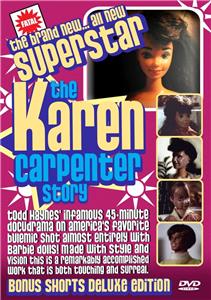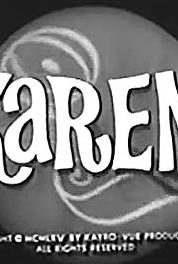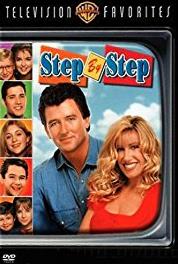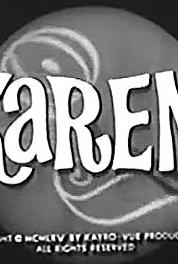Superstar: The Karen Carpenter Story (1988) Online

Karen and Richard Carpenter are young musicians living with their parents in Downey, California. Richard shows great promise as a songwriter and Karen, who plays drums, begins to sing vocals, thrusting the duo into stardom. They become wildly successful, Karen's striking voice and Richard's soft melodies capturing the essence of the nation's yearning for calm after the turbulent Sixties. But Karen strives for perfection and becomes increasingly fearful of her weight, despite being a slender woman. Eventually she is diagnosed with anorexia nervosa, a mental disease relating to stress, lack of control, and low self-esteem. A fight for Karen's life ensues.
| Cast overview, first billed only: | |||
| Merrill Gruver | - | Karen (voice) | |
| Michael Edwards | - | Richard (voice) | |
| Melissa Brown | - | Mother (voice) | |
| Rob LaBelle | - | Dad / Mr. A&M (voice) | |
| Nannie Doyle | - | Cherry Boone (voice) | |
| Cynthia Schneider | - | Dionne Warwick (voice) | |
| Larry Kole | - | Announcer (voice) | |
| Gwen Kraus | - | Narrator (voice) | |
| Bruce Tuthill | - | Narrator (voice) | |
| Joanne Barnett | - | Herself - Singer | |
| Todd Haynes | - | (voice) | |
| Moira McCarty | - | (voice) | |
| Laurie Stone | - | (voice) | |
| Michelle Manenti | - | (voice) | |
| Celia Pearce | - | (voice) |
The film was pulled from circulation in 1990, after a cease-and-desist order for unauthorized use of The Carpenters' music. As of 2016, sale or distribution of the film remains illegal. Hundreds of bootleg copies have been sold.
Ken- and Barbie-style dolls play all of the parts.
Ranked #45 on Entertainment Weekly's "Top 50 Cult Films of All-Time"
Todd Haynes made the film while he was completing his MFA at Bard College in Annandale-on-Hudson, New York.










User reviews